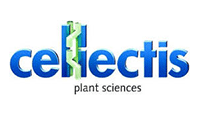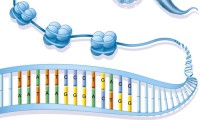-
FDA Approves Genentech’s Alecensa Lung Cancer Treatment
- Source: Pharmpro
- 598
- November 9, 2017
-
FDA Lifts Clinical Hold on Cellectis Phase 1 Clinical Trials with UCART123 in AML and BPDCN
- Source: Cellectis
- 562
- November 9, 2017
-
EU OKs low-dose Xarelto to prevent recurrent VTE
- Source: Pharmatimes
- 618
- November 8, 2017
-
Cancer cells destroyed in just 3 days with new technique
- Source: medicalnewstoday
- 671
- November 8, 2017
-
Moderna Announces New Collaboration with AstraZeneca
- Source: Modernatx
- 460
- November 7, 2017
-
‘Precision Medicine’ may not always be so precise
- Source: worldpharmanews
- 543
- November 6, 2017
-
Four-in-one flu shot may mean lifelong protection against the flu
- Source: Medicalxpress
- 726
- November 3, 2017
-
Bristol-Myers, J&J sink cash into a new $95M European biotech fund
- Source: Endpts
- 610
- November 3, 2017
-
Cancer-detecting start-up Grail is seeking more funding, mere months after raising $900 million
- Source: Cnbc
- 458
- November 2, 2017
your submission has already been received.
OK
Subscribe
Please enter a valid Email address!
Submit
The most relevant industry news & insight will be sent to you every two weeks.













